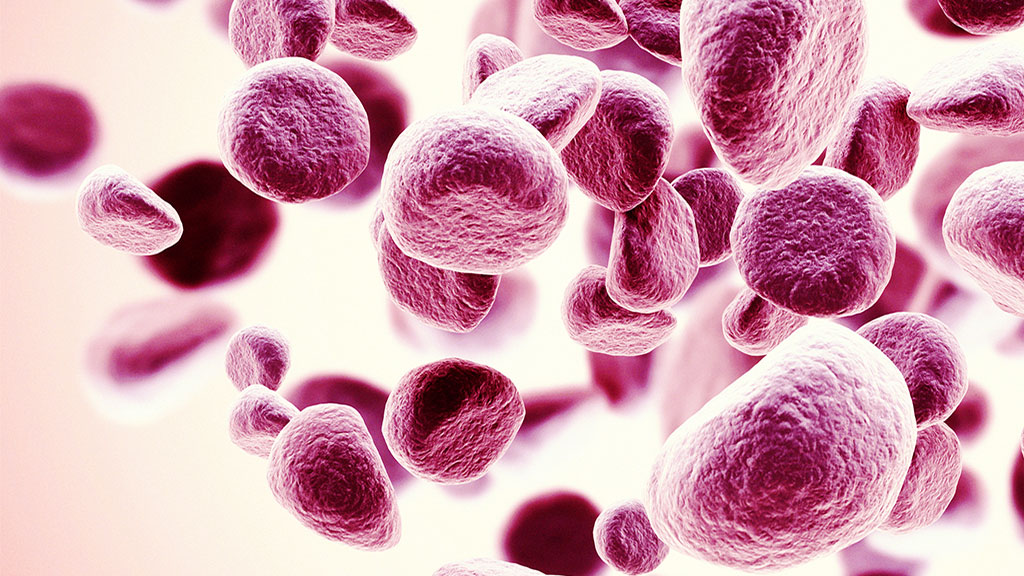Aerpio starts trial of drug for COVID blood vessel damage

One of the less well-known symptoms of COVID-19 is inflammation and injury to blood vessels, and US biotech Aerpio Pharma thinks it has a drug that may help avert the life-threatening blood clots that can result.
Ohio-based Aerpio has started a phase 2 trial of its razuprotafib drug, given as a subcutaneous injection three times a day, to hospitalised subjects with moderate to severe COVID-19, to see if it can stabilise blood vessels in their lungs and other organs.
Clinical results published earlier this year revealed a clear link between severe COVID-19 and pulmonary angiopathy or blood vessel disease, including reduced blood flow to the lungs and an increased risk of deep vein thrombosis (DVT) and acute pulmonary embolism (PE).
Razuprotafib activates Tie2 receptor proteins on the surface of endothelial cells that are thought to be involved in the formation, repair and stabilisation of blood vessels.
The hope is that it will reduce inflammation, preserve artery and vein function and reduce “capillary leak”, a condition in which fluid and proteins leak out into surrounding tissues that Aerpio says is a factor in the development of acute respiratory distress syndrome (ARDS).
The RESCUE trial of razuprotafib will involve 180 subjects with COVID-19 as well as ARDS, and will look at safety as well as survival at days 7 and 28, the length of time patients have to spend in hospital and the effects of the drug on symptom severity.
The study will be carried out at the University of California - Irvine Medical Centre, MedStar Georgetown University Hospital in Washington, and the University of Cincinnati in Ohio.
[caption id="attachment_72293" align="alignright" width="222"] Richard Becker[/caption]
Richard Becker[/caption]
"By maintaining the integrity of blood vessels, reducing the likelihood of blood clotting and acute respiratory distress syndrome is possible," said Richard Becker of the University of Cincinnati, one of the lead investigators in the trial.
“Razuprotafib takes a very targeted and science-based approach and that's why there is so much excitement around this study,” he went on. “The drug may also reduce lung inflammation and exert an antiviral effect.”
Razuprotafib is also being studied in a second phase 2 trial – called I-SPY_COVID – alongside other drugs including Gilead’s Veklury (remdesivir), Allergan’s CCR2 and CCR5 inhibitor cenicriviroc, Takeda’s bradykinin antagonist Firazyr (icatibant), and Amgen’s PDE4 inhibitor Otezla (apremilast).
That study has an adaptive design and will screen the drugs for activity in COVID-19-related ARDS before zeroing in on the most promising candidates.
Aerpio is also developing razuprotafib in mid-stage testing for open-angle glaucoma and diabetic nephropathy.











